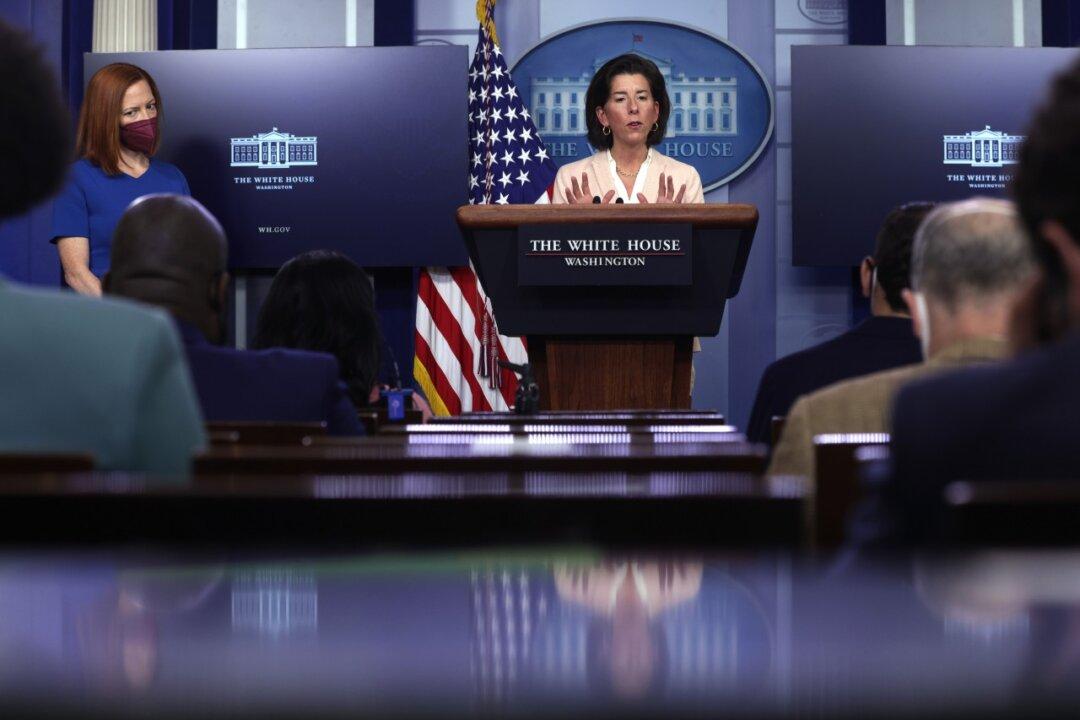The U.S. Commerce Department said on April 8 that it was adding seven Chinese supercomputing entities to a U.S. economic blacklist for assisting Chinese military efforts.
The department is adding Tianjin Phytium Information Technology, Shanghai High-Performance Integrated Circuit Design Center, Sunway Microelectronics, the National Supercomputing Center Jinan, the National Supercomputing Center Shenzhen, the National Supercomputing Center Wuxi, and the National Supercomputing Center Zhengzhou to its blacklist.





